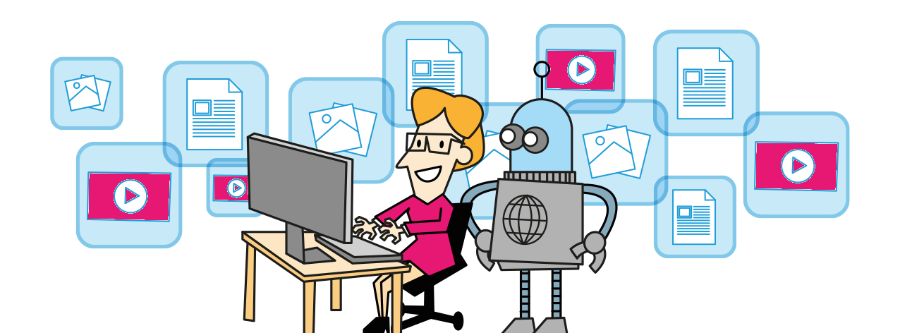
Today’s online world offers business globalization at an incomparable speed, cost, flexibility, scalability and profitability compared to all other routes to market. The international internet business model is a paradigm change, where successful globalization is achieved through localization. Cumulative online local successes, market by market, delivers global success, hence the “glocal” mantra. Successful corporates seeking to grow their businesses globally are leveraging this optimal online route, local market by local market, and gaining their global success on an unprecedented scale. Without borders, the internet offers companies across all sectors, opportunities to internationalize. There are some outstanding well published, even infamous, examples, including Amazon and Uber. However much glocalization is a no-brainer, getting it right is tough, demanding high levels of both online technical skill sets, coupled and with local market understanding. So let’s get you started on your glocal (global/local) program today.
Read More










